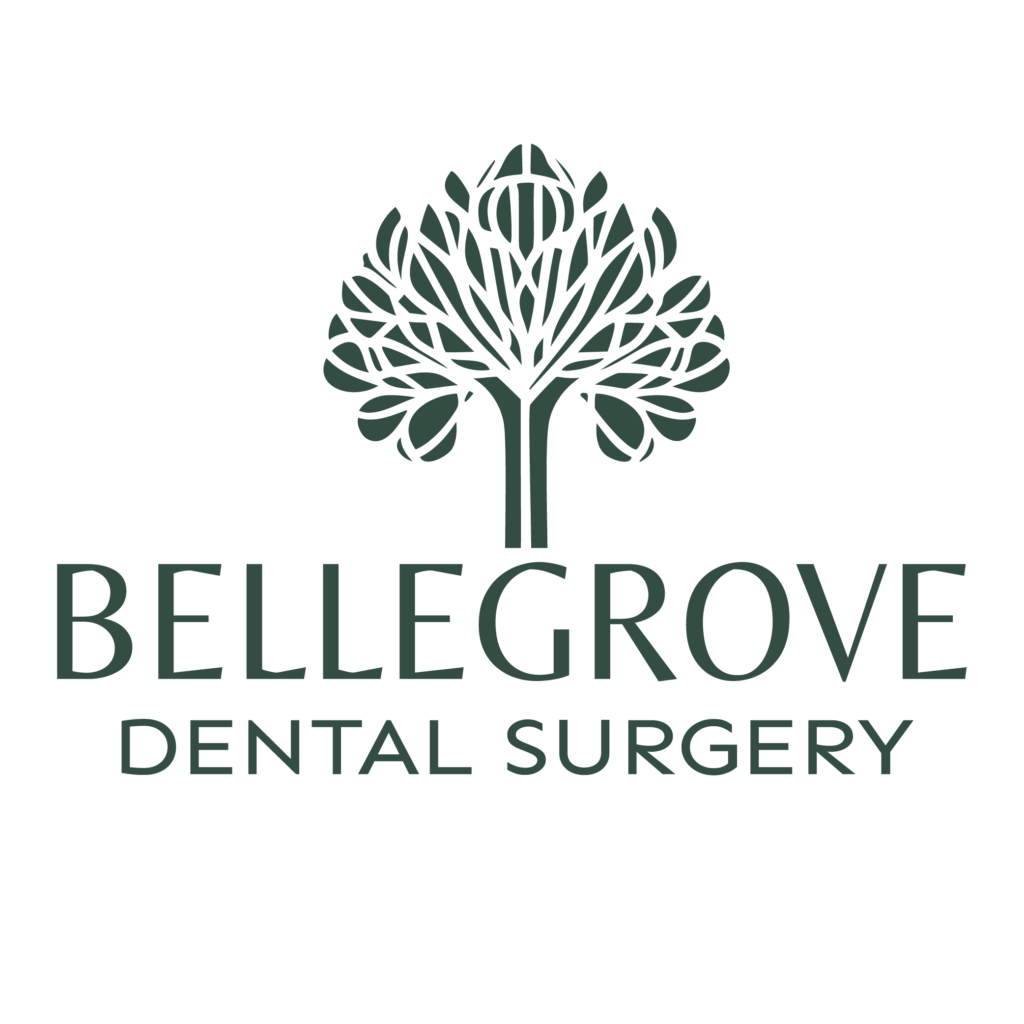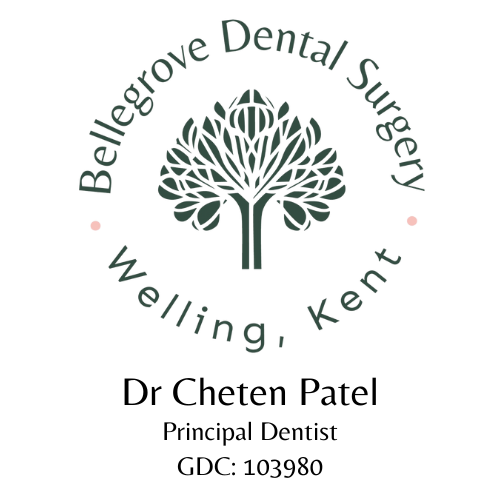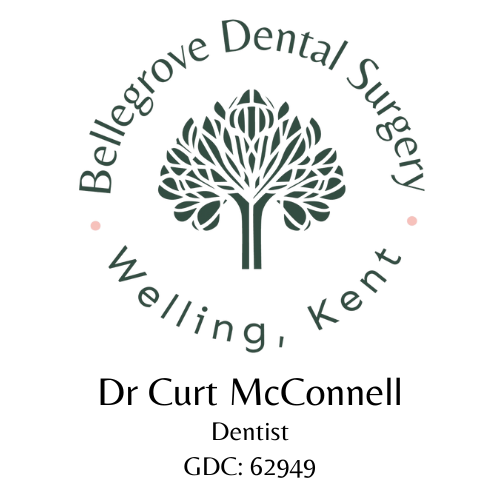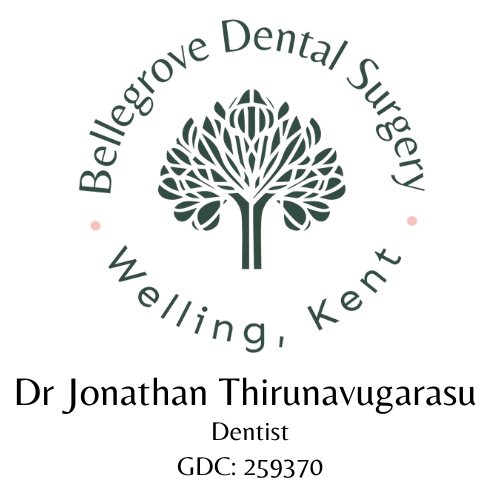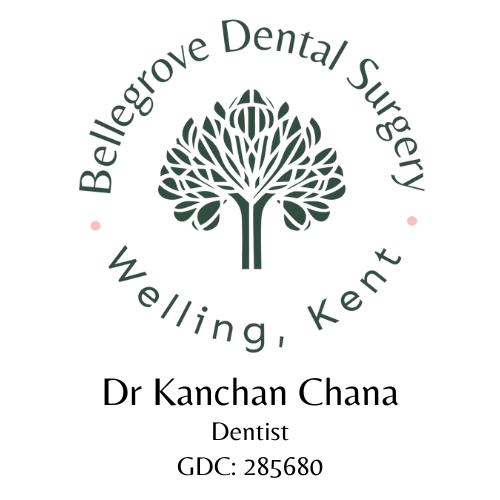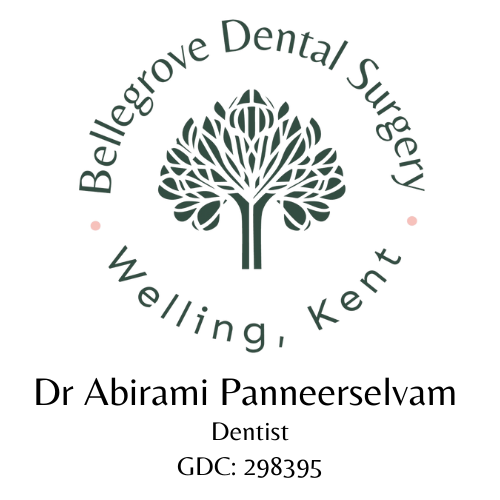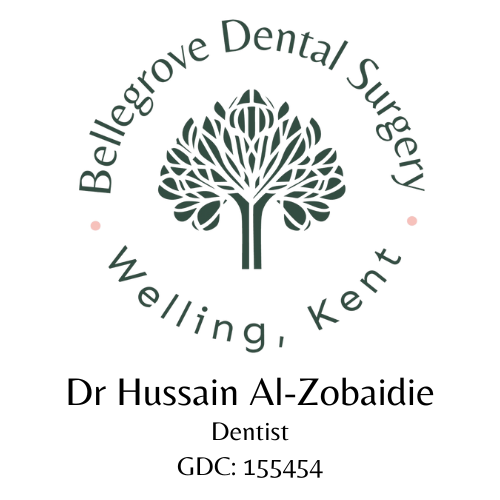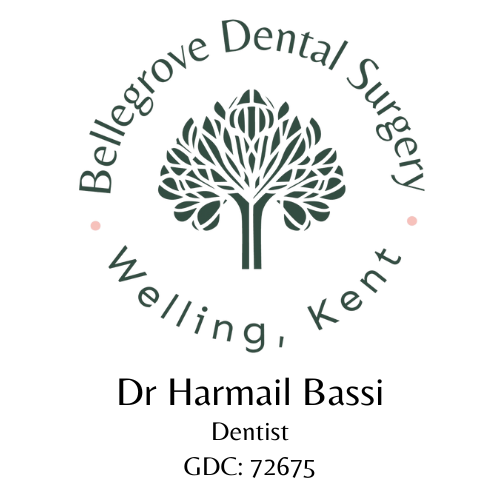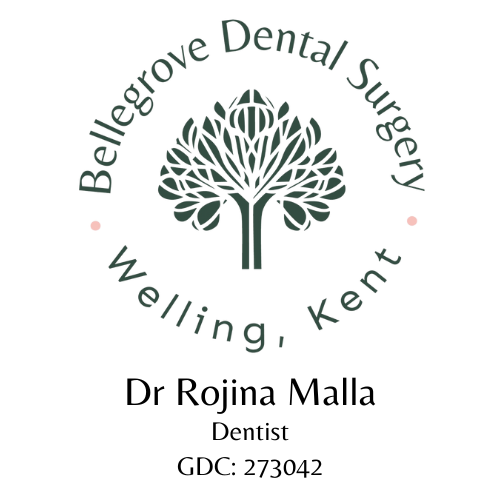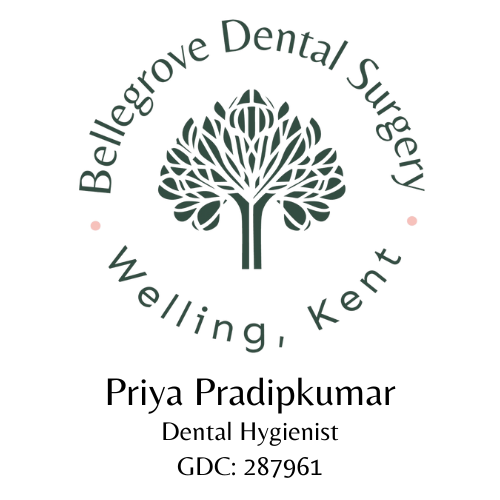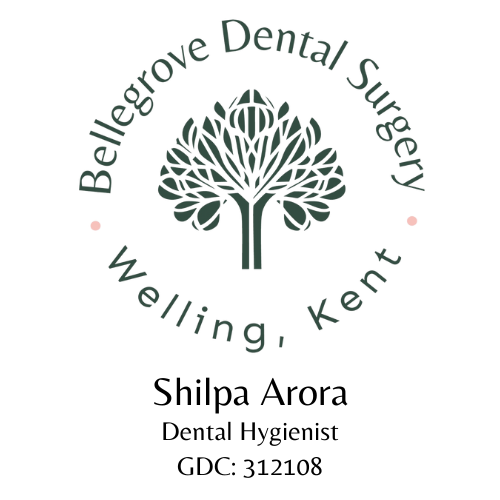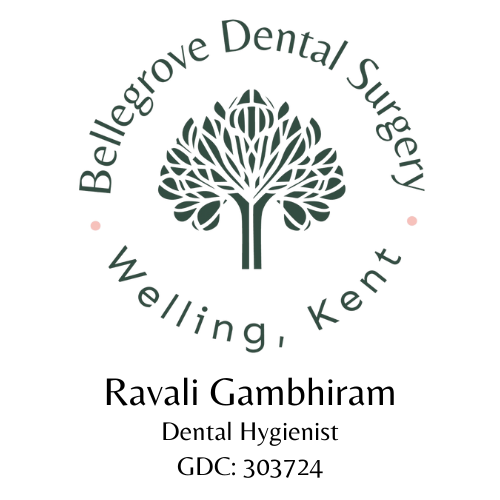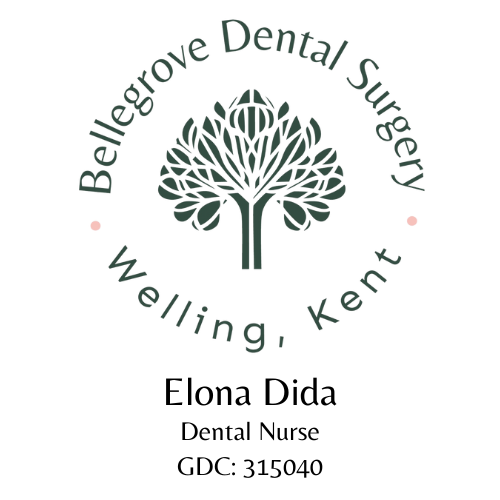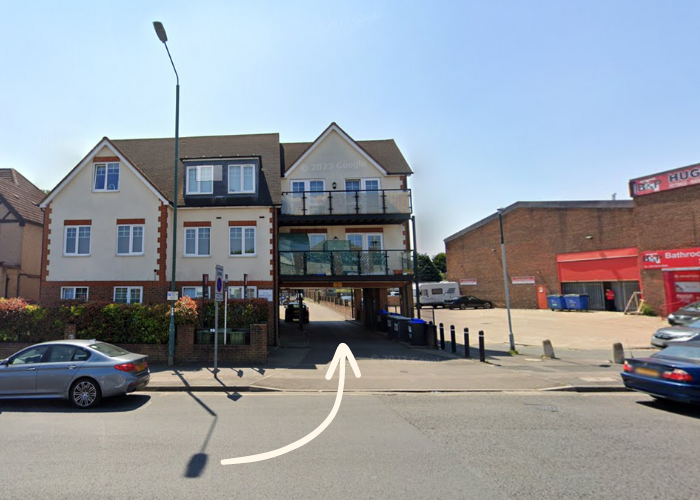Dental Check-ups at Bellegrove Dental
Maintaining optimal oral health is vital, and regular dental check-ups play a crucial role in achieving this. These visits allow dentists to monitor your oral health closely and act quickly on any new or developing issues. It is important to understand the importance of dental check-ups, what happens during a visit, and how they benefit your overall health.
What is a dental check-up?
A dental check-up is more than just a routine examination; it’s a critical component of preventive health care. During a check-up, your dentist evaluates your teeth, gums, and mouth to ensure they are healthy, and identifies any changes or signs of potential concern. This regular assessment helps in managing your long-term oral health efficiently.
The importance of dental check-ups
Regular dental examinations are pivotal for several reasons:
- Early detection of dental issues: Regular check-ups facilitate the early identification and treatment of oral health issues like cavities, gum disease, and even early signs of oral cancer. Catching these issues early can prevent them from developing into more severe problems that are more complicated and costly to treat.
- Prevention of dental diseases: Routine visits help prevent diseases by allowing for the removal of plaque and tartar, advice on effective oral hygiene practices, and recommendations for necessary lifestyle adjustments.
- Maintenance of overall health: Good oral health is a mirror to your overall health. Issues like gum disease can be linked to heart disease, stroke, and diabetes, making regular dental visits crucial for maintaining your general health.
Here's what to expect during a dental check-up
- Medical history review: Your appointment might start with a review of your medical history. It’s important to inform your dentist about any health changes since your last visit, as conditions like diabetes can affect your oral health.
- Thorough examination: The dentist will examine your teeth for cavities, check your gums for signs of disease, and evaluate other oral tissues for abnormalities. This comprehensive check is crucial for spotting early signs of potential issues.
- Dental X-rays: Depending on your oral health status and age, your dentist may recommend X-rays to diagnose problems not visible during the oral exam, such as impacted teeth or jawbone damage.
- Preventive advice: Your dentist will provide tailored advice on how to improve your oral hygiene, discuss dietary choices that affect your oral health, and suggest other preventive measures.
- Future planning: If any oral health issues are identified, your dentist will discuss treatment options and may schedule follow-up appointments. This could include plans for hygiene cleaning, dental implants, fillings, orthodontics, or other dental work.







Frequently Asked Questions
Most people should have a dental check-up every six months. However, if you have specific dental issues, your dentist might recommend more frequent visits.
During a check-up, your dentist will review your medical history, examine your teeth and gums, perform a professional cleaning, possibly take X-rays, and provide personalised dental care advice.
Regular check-ups are crucial for detecting dental problems early on, maintaining good oral hygiene, preventing future complications, and keeping a close check on any previous dental work.
Dental check-ups are generally pain-free. However, if you have sensitive teeth or gums, you might experience some discomfort. Always inform your dentist about any sensitivity so they can adjust the care they provide.
Dentists look for cavities, plaque and tartar build up, signs of gum disease, and any other abnormalities in your mouth that could indicate health issues.
Yes, regular check-ups are important even if you have dentures or no natural teeth, as your dentist will examine your mouth for signs of diseases, including oral cancer.
A typical check up last on average between 10 to 20 minutes, depending on whether any additional procedures such as X-rays need to be taken.
If you are anxious about dental visits, discuss your fears with the dentist. They can adjust treatment where possible to make you feel more comfortable or possibly offer alternative solutions to ease anxiety.
Focused on your smile!
With us, you can forget the stressful, daunting dental visits! At Bellegrove Dental, our team will always make sure that each visit is always relaxing, swift, and designed around your individual needs!

